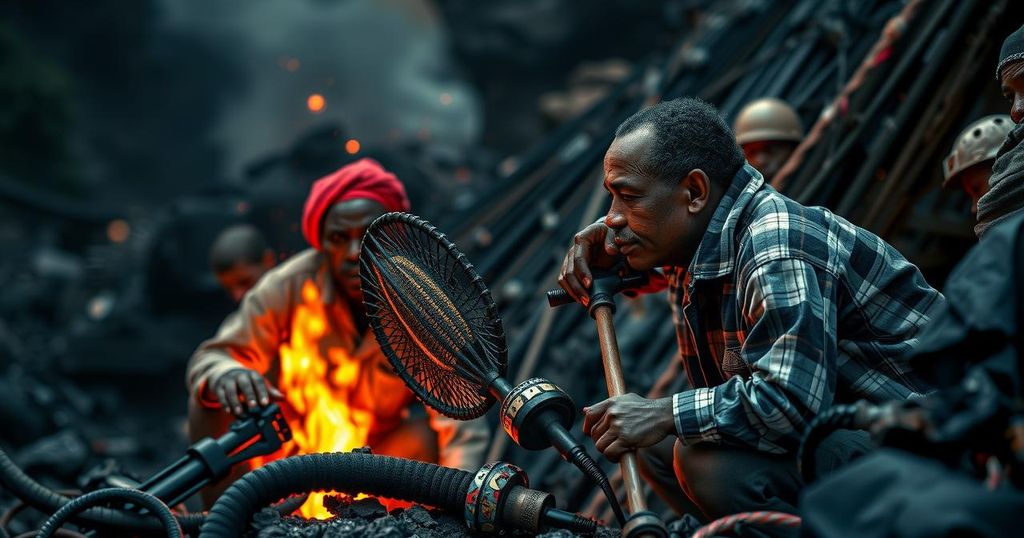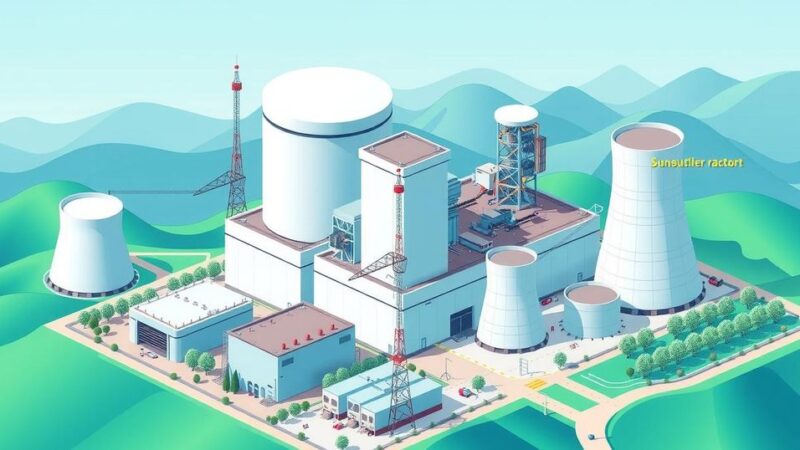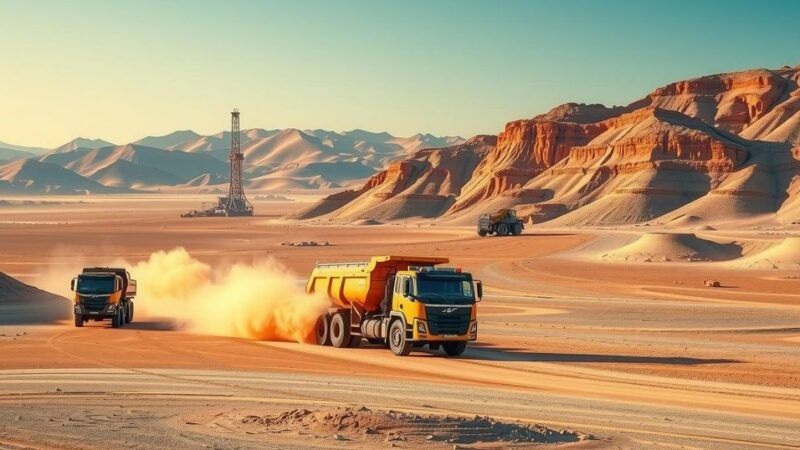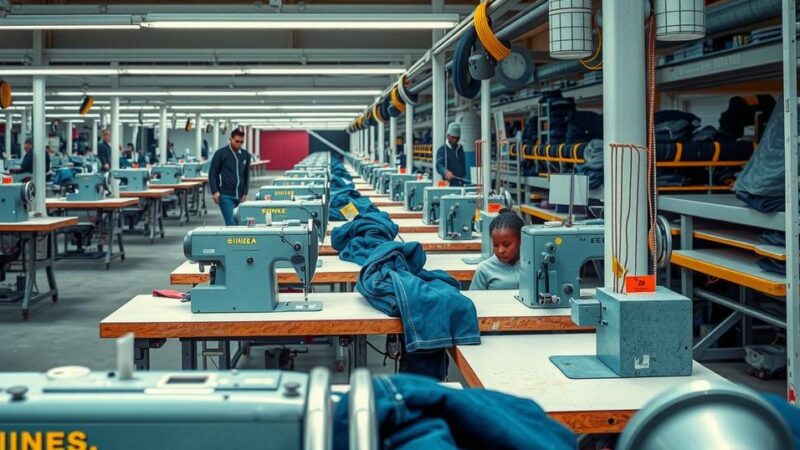Artisanal mining in the DRC is critical to the economy but poses substantial health risks due to inadequate regulation and unsafe working conditions. Although the government has committed to formalizing the sector since 2002, little has been accomplished. Many artisans operate illegally, risking their health and safety. There is an urgent need for improved training and safer practices to protect these workers.
Artisanal mining in the Democratic Republic of Congo (DRC) remains a significant yet perilous livelihood for approximately 200,000 individuals, contributing 10-20% of the nation’s copper and cobalt output. Despite governmental pledges aimed at formalizing this sector since 2002, the promised advancements have yet to materialize even after two decades. Artisanal miners, primarily reliant on manual labor, often work in hazardous conditions without protective gear. The fragmentation of the state-owned mining enterprise Gécamines alongside the introduction of a revised Mining Code in 2018 promised allocations of mining zones for artisanal miners, but these allocations have largely not occurred. As a result, many labor unlawfully, migrating from site to site in search of resources. The development of the Entreprise générale du cobalt (EGC) in 2019, a subsidiary of Gécamines, was intended to formalize and protect the interests of artisanal miners, but the initial areas designated for mining will not be available until February 2024. Meanwhile, health risks remain severe, including exposure to hazardous materials and toxic chemical compounds, which have been linked to increased cancer rates, especially among children from mining families. Experts advocate for improved training and awareness to mitigate these dangers. The lack of formal recognition and support for artisanal miners continues to exacerbate their plight in the DRC.
Artisanal mining has long been a crucial economic activity in the Democratic Republic of Congo, especially in the Katanga region, which is rich in mineral resources such as copper and cobalt. The sector not only provides livelihoods for millions but also plays a substantial role in the country’s mining output. However, the workers involved in this sector face severe health and safety hazards stemming from inadequate regulation and oversight. Despite numerous governmental initiatives promising the formalization of artisanal mining and its transition to semi-industrialization, the reality on the ground has remained largely unchanged. The inadequate infrastructure, lack of investment in safety measures, and the illegal status of many artisanal miners create a precarious environment that demands urgent attention and action.
In conclusion, the artisanal mining sector in the DRC presents a troubling juxtaposition of significant economic contribution and severe health risks. The lack of progress in formalizing this sector, despite governmental promises, underscores the need for urgent action to improve working conditions and provide proper training for miners. As the DRC continues to grapple with the realities of artisanal mining, the emphasis on safety and legal support will be vital for protecting both the miners and the environment.
Original Source: news.mongabay.com






